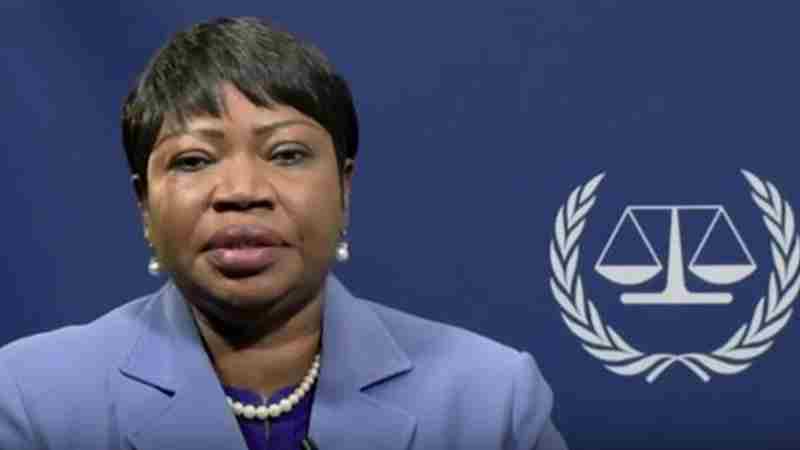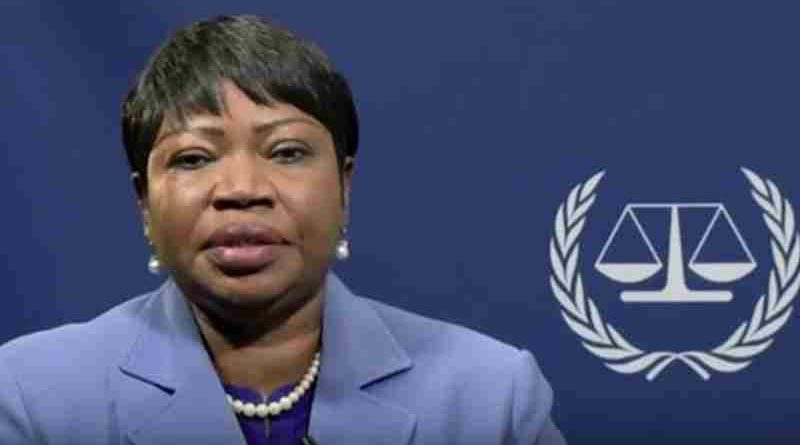U.S. Ends Sanctions Against Personnel of the International Criminal Court

The Department of State also terminated the separate 2019 policy on visa restrictions on certain ICC personnel.
President Joe Biden has revoked Executive Order 13928 on “Blocking Property of Certain Persons Associated with the International Criminal Court (ICC),” ending the threat and imposition of economic sanctions and visa restrictions in connection with the Court.
As a result, the sanctions imposed by the previous administration against ICC Prosecutor Fatou Bensouda and Phakiso Mochochoko, the Head of the Jurisdiction, Complementarity and Cooperation Division of the Office of the Prosecutor, have been lifted.
The Department of State also terminated the separate 2019 policy on visa restrictions on certain ICC personnel. “These decisions reflect our assessment that the measures adopted were inappropriate and ineffective,” the U.S. Department of State said in a statement released on April 2.
The statement added that the U.S. continues to disagree strongly with the ICC’s actions relating to the Afghanistan and Palestinian situations and maintains its longstanding objection to the Court’s efforts to assert jurisdiction over personnel of non-States Parties such as the United States and Israel.
“We believe, however, that our concerns about these cases would be better addressed through engagement with all stakeholders in the ICC process rather than through the imposition of sanctions,” the statement said.
According to the statement, America’s support for the rule of law, access to justice, and accountability for mass atrocities are important U.S. national security interests that are protected and advanced by engaging with the rest of the world to meet the challenges of today and tomorrow.
Since the Nuremberg and Tokyo Tribunals after World War II, U.S. leadership meant that history permanently recorded fair judgments issued by international tribunals against justly convicted defendants from the Balkans to Cambodia, to Rwanda and elsewhere.
“We have carried on that legacy by supporting a range of international, regional, and domestic tribunals, and international investigative mechanisms for Iraq, Syria, and Burma, to realize the promise of justice for victims of atrocities. We will continue to do so through cooperative relationships,” the State Department said in the statement.
“We are encouraged that States Parties to the Rome Statute are considering a broad range of reforms to help the Court prioritize its resources and to achieve its core mission of serving as a court of last resort in punishing and deterring atrocity crimes. We think this reform is a worthwhile effort,” the statement added.




